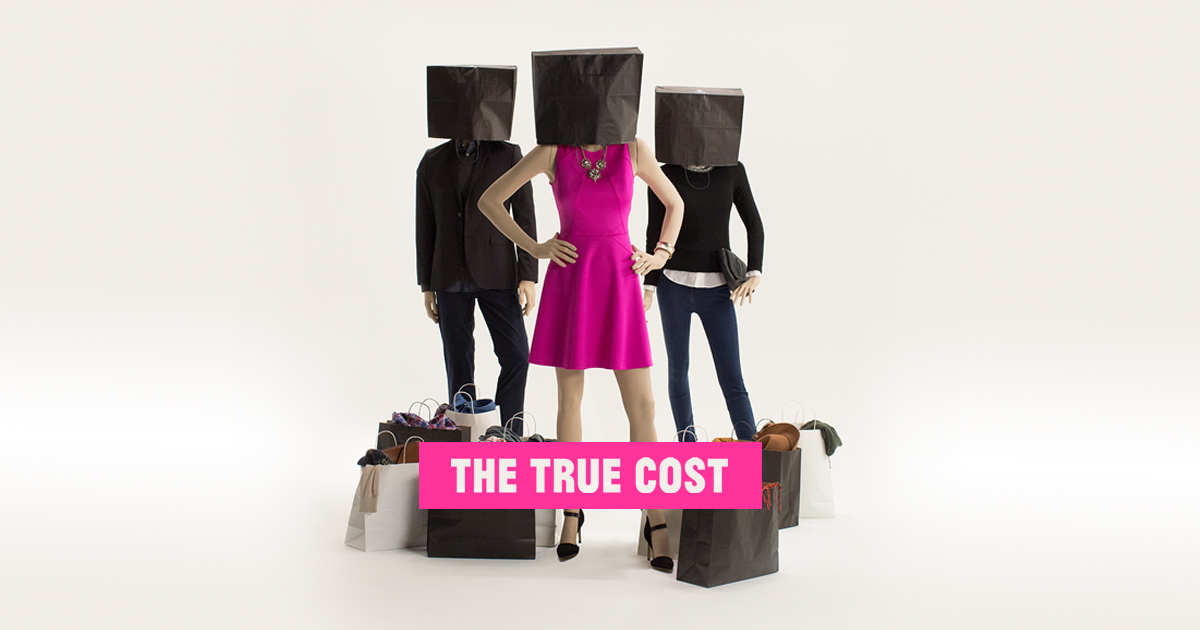This documentary was a difficult watch, showing the devastating harm the accumulation of years of plastic has caused the environment and especially marine animals.
Image from https://www.bakerswaste.co.uk/drowning-in-plastic/
Some scenes were so distressing it was hard to watch, it’s heart-wrenching to see animals suffer from human consumption, the worst is it’s all preventable. We could have all stopped it from getting as bad as it currently is.
It was inspiring to see people trying to create inovative materials for plastic such as using seaweed, biodegradable products are the way forward especially for alternatives to single use plastics. The ocean clean up inventions looks very promising even though most are in the early stages, at lest there’s hope for cleaning the amount of waste destroying the oceans and marine life.
Marine life are often eating plastic and micro plastics instead of fish, mistaking plastic-bags for jelly fish. These plastics are terrible for there health, weighing birds down so they can’t fly slowing killing them. Most injury’s inflicted on the animals are due to them getting caught in plastic waste, leaving them with horrible injures or trapping them in the fishing nets. It is so severe it is effecting the food chain with plastics been found in remote places like Antarctica.
What can we do to help:
| Refuse single use plastics
| Use reusable items such as water bottles, coffee cups, shopping bags, metal straws
| Shop organic natural materials avoid plastic fabrics
| If washing synthetic clothing put them in a net bag to catch the Micro fibres
| Wash clothing less, do spot cleaning instead of washing the whole garment and hang them out to dry
| Raise awareness
| Help with beach clean ups, local plastic clean ups
| Read labels and recycle
| Buy items in bulk in glass jars and avoid items wrapped in plastic
| Find out about your local recycling see what items you can recycle at home and which you can take to a recycling center.
We can all do more to save this planet. Our home.
BBC plastic action












